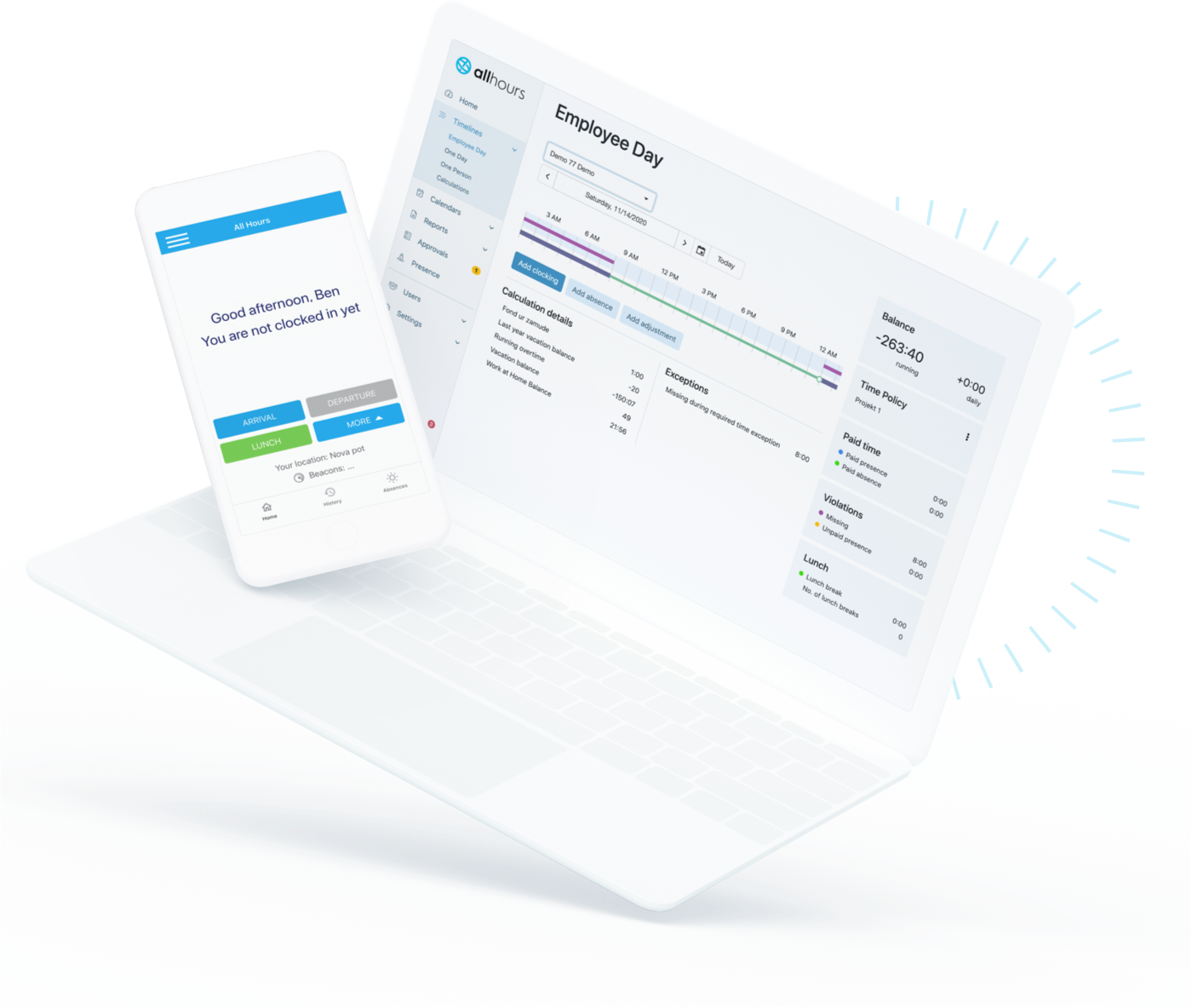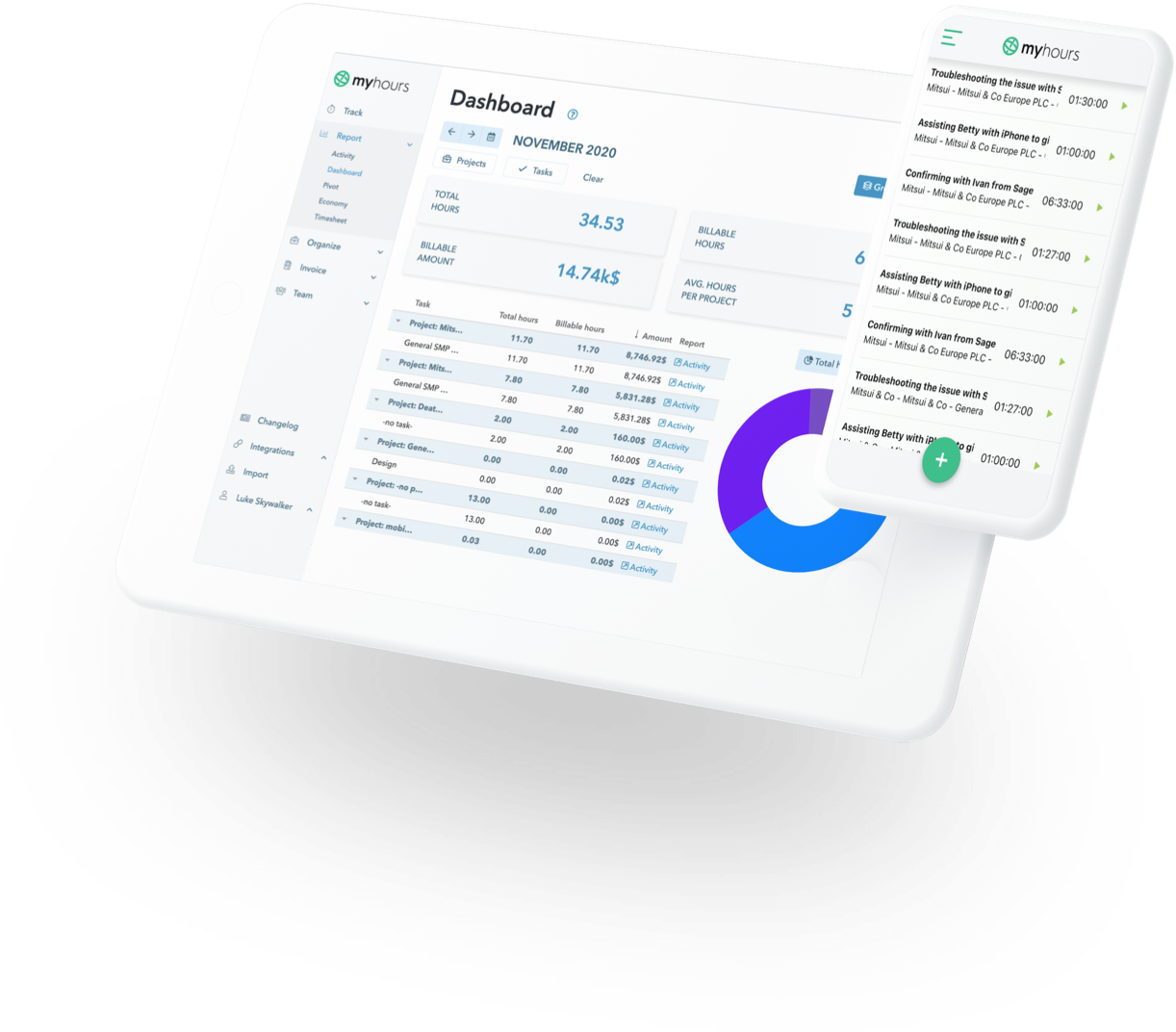Deep work – the only way to create high-value outputs

Deep work is a term which describes executing tasks in complete focus without any outside distractions.
The concept asserts that all intellectual activities should be performed in a state of distraction-free concentration, high intrinsic motivation, and maximized cognitive capabilities.
Today, in our creative and intellectually-based society, only when you do deep work can you create outputs that are hard to replicate and of high value. Many people also call the psychological state of doing deep work “being in the flow”.
The real value of deep work is that it gives you the ability to learn and master difficult things and to produce at an elite level. It’s a serious personal competitive advantage.
The term deep work was forged by Cal Newport, who also wrote the eponymously-titled book.
In this article you’ll learn everything you need to know about deep work, including how to organize your day to perform as much deep work as possible and train your attention muscles not to lose focus too soon while you’re in the zone.
Shallow work – the opposite of deep work
Studies show that the average intellectual worker is interrupted somewhere between 4 to 12 times every hour. That’s one interruption every 15 minutes.
It might seem like a huge number at first glance, but when you consider all the possible distractions (look at the list below), it’s obviously very realistic and a huge productivity issue.
These are the main interruptions that prevent you from doing deep work:
- Phone calls
- E-mail notifications
- Messages
- Chat apps
- App notifications
- Co-workers stopping by (or your family members if you work from home)
- Managers (interrupting your work and demanding something)
- Meetings and virtual meetings
- Social media
- Daily news sites
And it’s not only the frequency of interruptions that is an issue. After you are interrupted, it takes 10 - 20 minutes or even more to concentrate and get back to the task at hand at full productivity level.
With all these interruptions and constant refocusing, the working day can end before you know it, with zero productive work done; or in the best-case scenario having performed some “half-work” or “shallow work”.
Shallow work is low‑value work that usually goes along with multitasking, working on many projects at once, and having many distractions in the environment (email, telephone, chat and other interruptions). You know, the easy work - you divide your attention between cognitively not demanding task and all the distractions.
The best way to overcome “half-work” is by focusing for a significant amount of time on one thing and eliminating everything else - every single distraction.
Besides distractions, multitasking and task-switching also prevents deep work. Thus, you not only have to make sure you are not distracted or interrupted, you also must focus on the one demanding task at hand completely.
Logically, it makes sense to tackle the most important task in a day with deep work, because at some point, your attention muscles do weaken since you always have a limited amount of brain power to do the deep work and thus you want to complete the tasks that are really important.
Deep work enables you to work in the flow
Working in the flow is one of the most productive states you can experience. The flow is a state where you lose track of time and become completely engaged in an activity.
Think of an artist who creates his masterpiece in complete focus, completely in the zone. It’s this type of state where state where you forget about time and just work on the task, and naturally, if you want to do so, you have to be able to do the deep type of work without any distractions.
You can reach the state of flow only when two main criteria are met:
- As previously mentioned, you have to work in complete focus, without any distractions or interruptions. You also need to be well rested and emotionally calm, yet mildly excited about the work challenge.
- You have to work on a task that is a little bit out of your comfort zone; something that represents a challenge for you, but is also something that you are naturally skilled at.
To do deep work, the task must not be boring, not something you have already mastered, but nevertheless not something that is too big of a challenge.
Being in the flow evokes feelings of happiness, and fulfilment, and makes you feel like you are making a meaningful contribution; and it is for this reason that some people, especially in the creative field, describe a flow at work as a divine psychological state.
If you want to maximize your personal productivity, you have to learn how to do the deep type of work, preferably in the flow.
The main secret to switching from shallow to deep work
We are aware of two types of attention – a passive and an active version. Your attention is always directed towards something, except when you’re sleeping (and even that could be debatable).
Depending on the task or activity you do, you can be actively or passively involved.
Being passively involved means that you are only witnessing something, and you don’t play a very active role. Your effort in the activity and your contribution are low.
You are either hibernating while things are happening around you, you are repeating something that is very familiar to you or dividing your focus among too many tasks and thus can't be really present on any of them.
An example of passive attention would be watching TV or performing a manual task you have already mastered, and thus can perform subconsciously. Being passively attentive is easy.
Active attention, on the other hand, requires a lot of effort. It requires focus, presence, involvement, discipline, consistency, activation of all the senses, engaging your mental capabilities, and so on.
Active attention takes place when you consciously put effort into achieving something meaningful. And, as you probably guessed, deep work requires active attention.
If you want to do deep work, you have to slowly move away from activities and tasks that require a passive, reactive, and short attention span (like checking out your social media, multitasking, writing emails …) to the ones that require a longer attention span and very active involvement.
That’s how intellectual outputs at the elite level are made. And for that, you need to start building up your capacity to focus. It may be hard at first, but in the long term the ability to do deep work is a serious competitive advantage.
Training your attention span to do deep work
Building your attention span is like building a muscle. There are two ways you can train your attention span and open yourself completely to new opportunities by being able to perform deep work.
These two approaches (and the best way forward is to use both) are:
- Decrease the number of interruptions and short-attention-span tasks in your working day
- Deliberately practice focused work, each time for a slightly longer period of time
The first recommendation is to decrease the number of interruptions and distractions in a day. Here are a few examples of how you can do so:
- You can spend an hour or two in a day without your phone and then slowly increase that time.
- As an alternative suggestion, you can set a rule to not look at your mobile phone for the first and last 60 minutes of your day.
- You can go for a longer walk, alone, without your phone or music.
- You set a rule for a few days to look at email and social media only once per day.
- Go for a technology detox for a weekend, and don’t use any technology for two days.
Additionally, you can decrease the number of projects, tasks, apps, and people you interact with in a day.
The greater the number, the greater chance of getting interrupted or distracted, the reason being that if you are overloaded with work and thus anxious, there’s almost no way to do quality deep work.
The second thing you can do is to deliberately practice focused work. Pick a project you are excited about; or a hobby that needs your active attention. Perform it every day in complete focus.
Start with 20 minutes. Then extend it by for 5 – 10 minutes each day. Do it daily, without any exceptions, and in a few weeks you will be impressed with your progress.
Expect that it will be challenging in the beginning. Your mind will want to wander, and you will feel a deep desire to look at your email, IM app, or phone - or to go to the toilet. Just don’t give in to the temptation.
Gently bring your attention back to the task at hand and continue to work. If necessary, set a timer and push yourself to stay focused until the end of the reserved time block; but don’t push yourself too hard, since you might achieve the opposite effect. Build up you attention span gradually.
Other exercises that can help you build up your attention span are:
- Reading
- Playing chess
- Meditating
- Cooking
- Playing an instrument
- Practicing yoga
- Journaling
- Writing
- Coding
Now stop for a moment and think: Which of the above listed things above do you enjoy the most? Which of these activities could be the one to help you build up your attention span to do more deep work?
Building rituals for deep work
To go a step further, you can even build some kind of rituals around your deep work, meaning, that you set the time, duration, location, and other requirements for deep work in advance.
Following that, you repeat the same routine every week, making sure that nothing gets in the way of you performing this deep work.
For example:
- you might reserve time for deep work every day from 6am to 8am;
- or every Tuesday and Thursday from 9am to 12am;
- or you may choose to take one day in a week to do deep work only.
Besides the time slot, make sure you also determine the location and other requirements that need to be met for you to work in peace.
The easiest time to do deep work is when other people are sleeping (for example early in the morning), or at least outside the usual working hours.
The other requirements as part of deep work rituals might be to switch off your phone when performing deep work, going to the toilet before starting to work, having a bottle of water within reach, playing gentle music, making sure your software is up to date, and so on.
You have to make sure nothing irritates or distracts you and that you can work in complete peace. Once you learn how to do it, you will see how wonderful feels doing deep work and being in the flow.
What software solutions can help me to do deep work?
The main idea of deep work is to unplug yourself from different apps, notifications and distractions, and not to add additional software to your phone or computer. So maybe apps, that help you focus (like Freedom) are a way to go.
Additionally, something you might find valuable is the ability to track time. This gives you the chance to get valuable insights into how much deep work you do daily and how are you progressing in terms of building your attention muscle.
Additionally, as you know, you can only manage what you measure. By employing a time tracker, you have a clear picture of how you spend your time, how much you work on different projects, and how you set your priorities. With accurate time management statistics, you can optimize your time better and do more deep work.
The most you can do to improve your productivity, advance your career, or learn and brush up your skills and knowledge is to do a few hours of deep work each day.
If you timebox a morning and evening slot where you can work and create in complete peace for couple of hours, your output will skyrocket. In this modern world of thousands of distractions, being able to do deep work is one of the most important competitive advantages you can have today.








